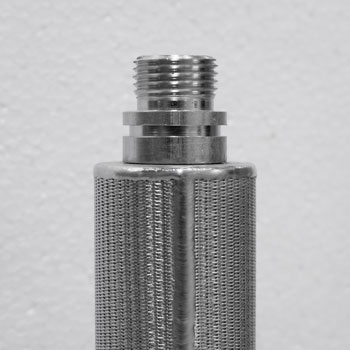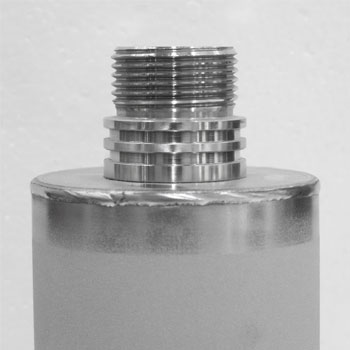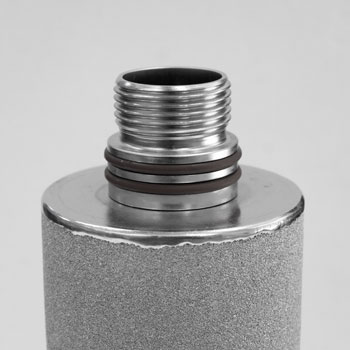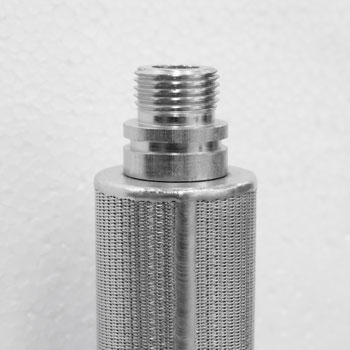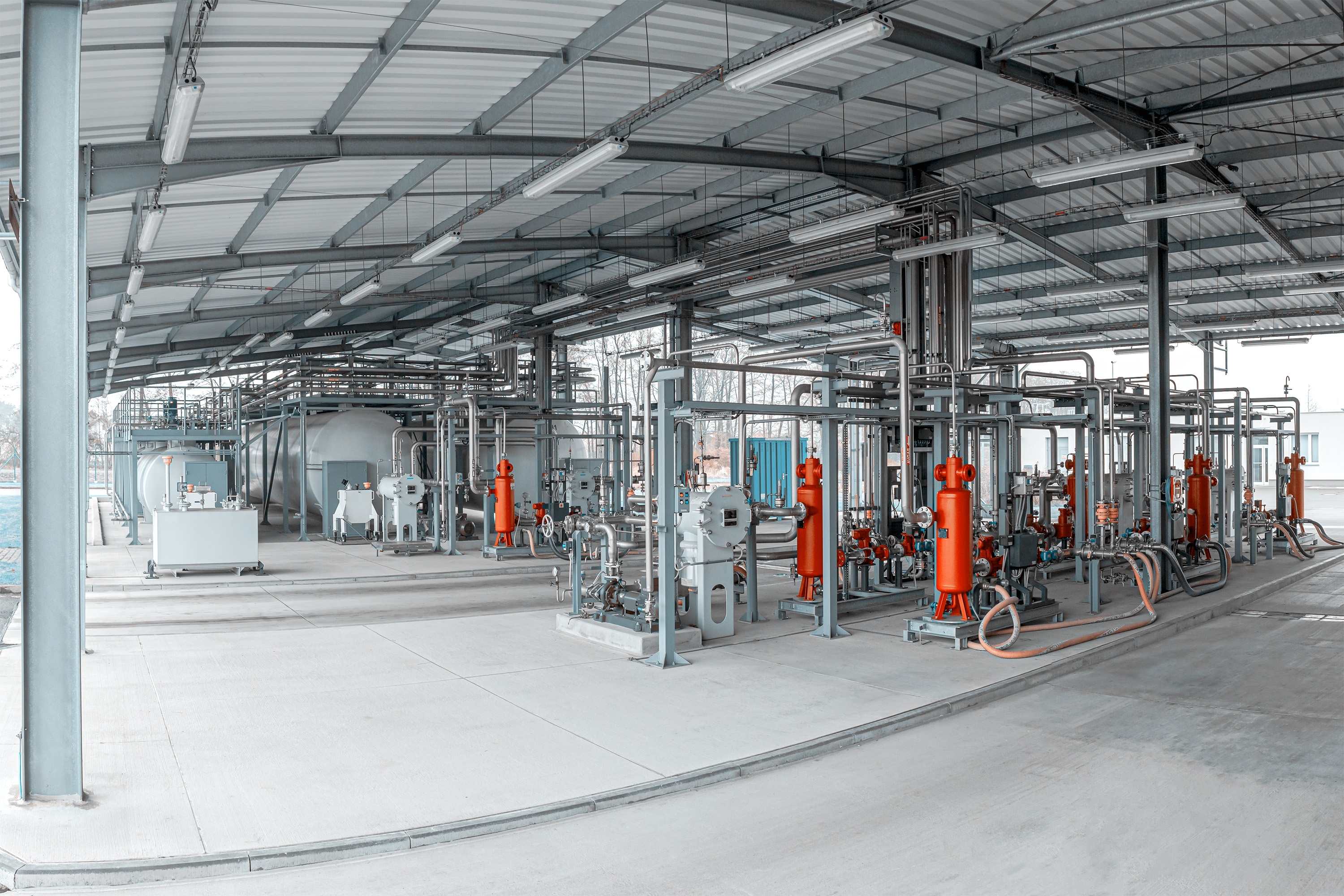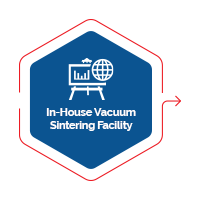What is a Metallic Filter?
A metallic filter is a filtration system made from materials like stainless steel, titanium, or Hastelloy C276/C22. These filters are designed to remove impurities, particles, or unwanted substances from liquid and gas. Metal filters are lightweight and have unique physical, mechanical, and thermal properties. Available in different shapes, sizes, and pore sizes. These filters can be cleaned and reused multiple times, reducing operational costs. By eliminating the need for frequent replacements, they offer a long service life.

